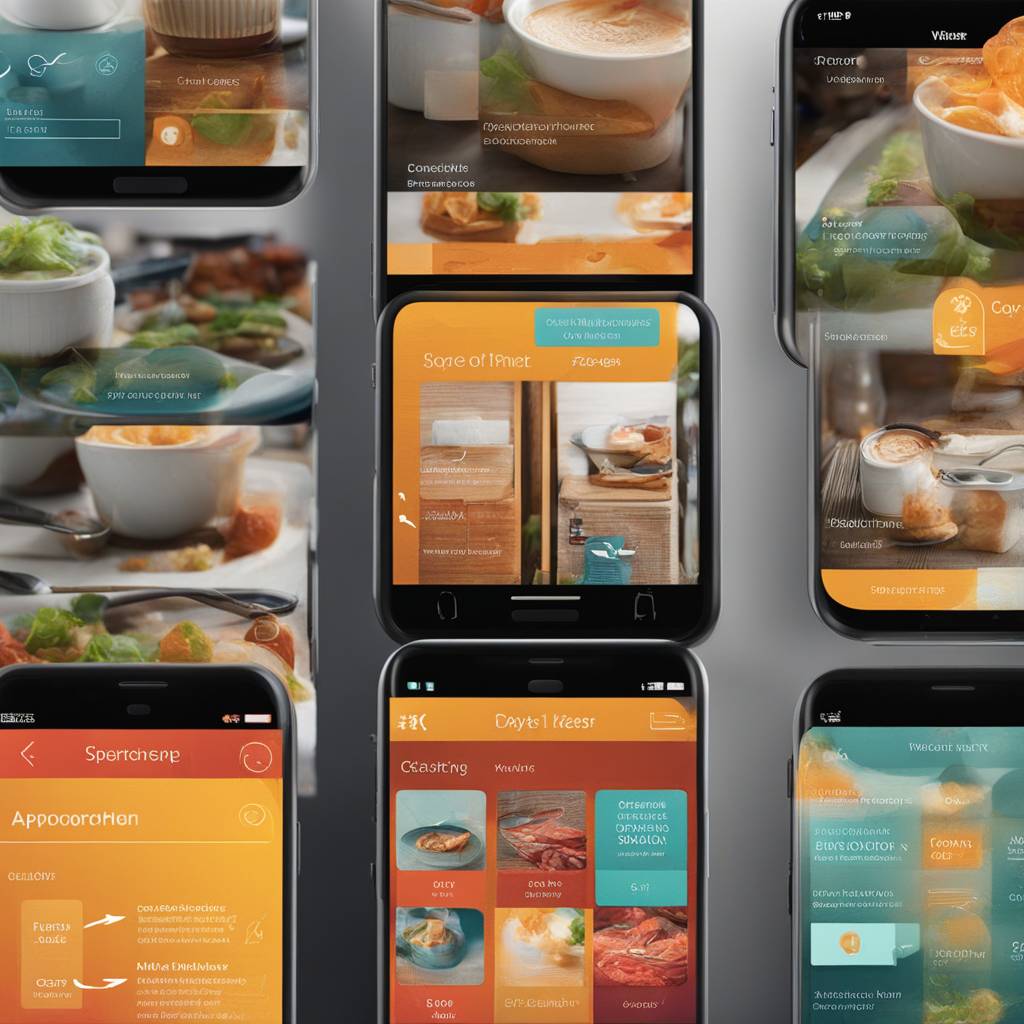Researchers have developed a smartphone app featuring cognitive tests that accurately detect frontotemporal dementia (FTD), a condition that affects between 10-20% of the more than 55 million people globally who have dementia. FTD results from damage to nerve cells in the frontal and temporal areas of the brain, leading to negative changes in behavior, language skills, and movement functions. Currently, there is no specific treatment or cure for FTD, and clinical trials face barriers such as frequent in-person visits and difficulty diagnosing the disease before symptoms are noticeable.
The University of California, San Francisco researchers developed the app to potentially help clinical trials by providing an alternative to in-person visits. The app is capable of detecting early signs of FTD in individuals with a family history of the condition who have not yet shown symptoms. The app includes a comprehensive battery of tests that assess speech, language, movement changes, behavior, and cognitive functioning. For this study, the researchers tested the app on 360 study participants and found that the cognitive tests delivered through the smartphone app accurately detected dementia and were more sensitive to the earliest stages of genetic FTD than standard neuropsychological tests.
The mobile app was developed in collaboration with a software company and is not intended for use by the general public. Researchers tested the app on participants diagnosed with FTD and found that scores on the smartphone tests were reliable and comparable to traditional in-person cognitive measures of executive functioning. Poorer performance on the tests was associated with more brain volume loss, indicating that the measurements are relevant to the biology of the disease. Although the app may eventually be used in clinical settings, the current focus is on using it to accelerate advancements in clinical trials and observational research studies.
While digital approaches to neuropsychological assessment have advantages, including the ability to evaluate many individuals quickly, neuropsychologists like Karen D. Sullivan have concerns about over-reliance on brief computerized assessments in dementia. Sullivan emphasizes that smartphone apps should be seen as one tool in a larger tool belt, and that qualitative data from human-to-human assessments are still important. She notes that cognitive test scores should be part of an integrated analysis and that more patient experience studies and concurrent validity analyses with comprehensive neuropsychological test batteries are needed to fully validate the use of mobile apps in diagnosing and monitoring FTD.













